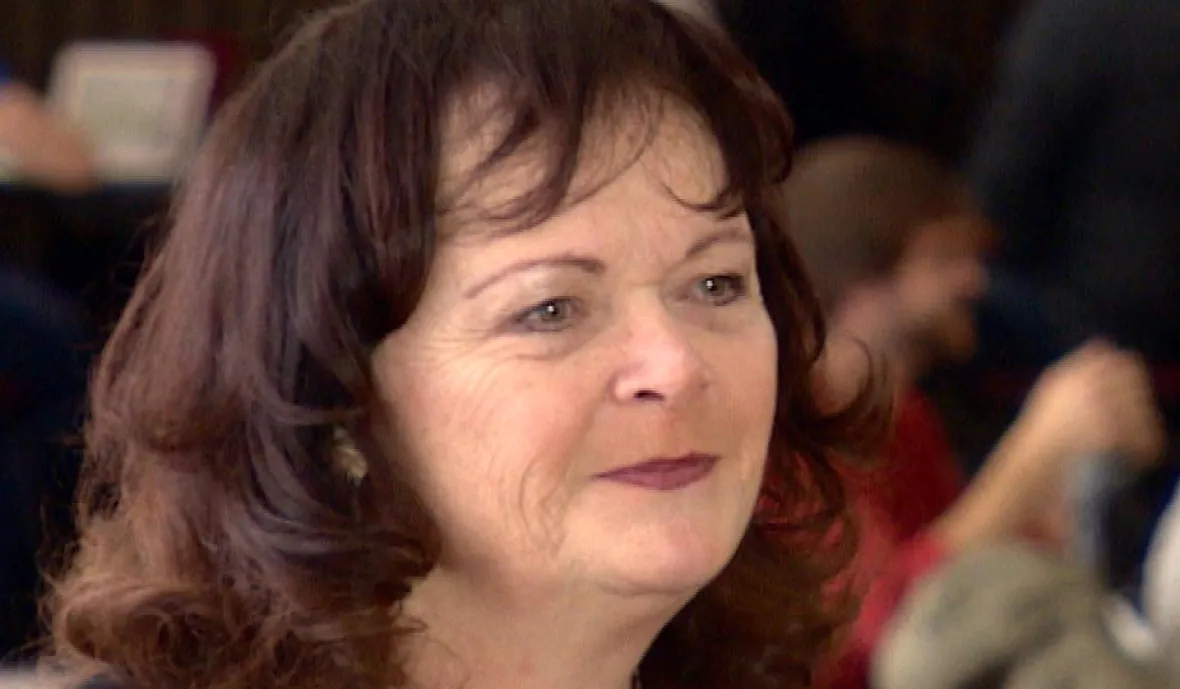Listen in
Academic disciplines
- Accounting 7
- Art Education 1
- Art History 2
- Biochemistry 1
- Bioethics 1
- Biophysics 1
- Chemistry 1
- Classics 1
- Communications 1
- Criminology 1
- Culture 1
- Dance 1
- Ecology 6
- Economics 4
- Education 3
- Engineering 3
- Environment 2
- Finance 2
- Geography 1
- Graduate Studies 2
- Graphic Texts 2
- Healthcare 2
- Homelessness 2
- Humanities 1
- Law 3
- Literature 3
- Management 2
- Marketing 3
- Neurology 1
- Nursing 1
- Organization Studies 1
- Philosophy 2
- Psychology 4
- Social Work 1
- Sustainability 2
- Trailer 1
- Women's Studies 1
Episode 035: Andrea O’Reilly
Prof. Andrea O’Reilly of York University studies motherhood from a profoundly feminist perspective. Deconstructing the taken-for-granted, culturally normative image of mothers has led her to publish over 20 books on mothering. Her most recent work explores the inordinate impact of the COVID-19 pandemic on mothers.
Episode 034: Sarah Barrett
Dr. Sarah Barrett, of the Faculty of Education at York University, studies the impact that the core beliefs and values of teachers have on classroom practice. She talks here about the emotional experience of online learning and how this has affected teachers and students during the pandemic.
Episode 032: Johnny Rungtusanatham
Prof. Johnny Rungtusanatham, Canada Research Chair in Supply Chain Management at York University, is a leading expert on the subject of supply chain disruptions. We discuss the impact of the huge storm in British Columbia, why stores are sold out of many goods during the pandemic, and what kinds of public policies could make supply chains more resilient.
Episode 028: Steven Bittle
Dr. Steven Bittle is an Associate Professor of Criminology at the University of Ottawa and an expert on corporate crime. We discuss how so many of the Canadians who have died from COVID have been elderly residents of for-profit long term care homes. At what point would the death of so many of a corporation’s customers be considered a crime? Steven walks us through this question, and explains what would have to happen for a long term care corporation to be prosecuted for a crime.




